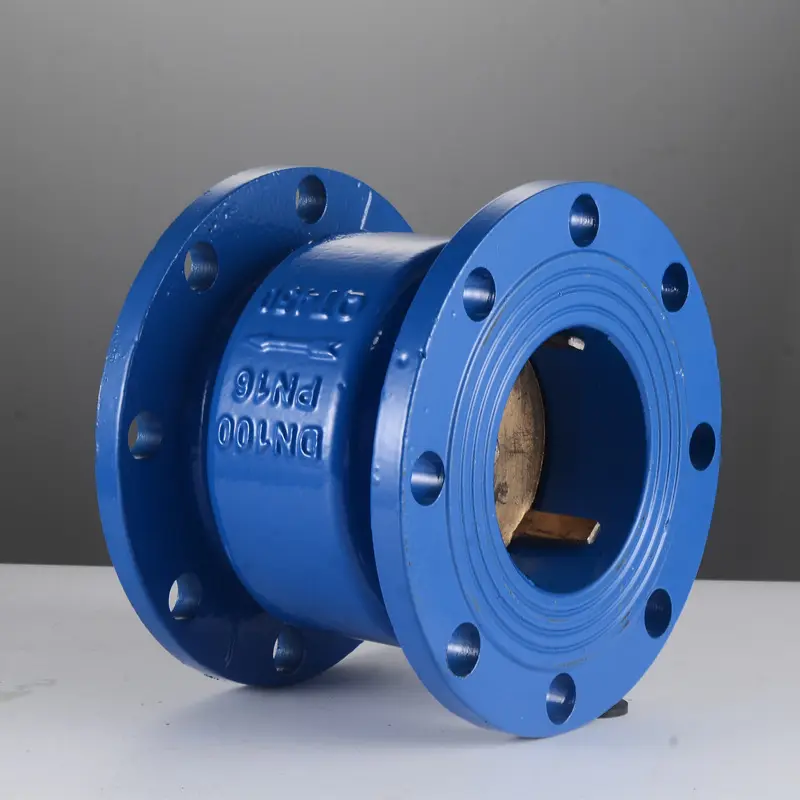جنوری . 01, 2025 15:35 Back to list
Understanding the Importance of Main Water Valve Control in Your Plumbing System
Understanding the Importance of Water Main Valves
Water main valves are crucial components in the distribution of water within our communities. These valves play an integral role in controlling the flow of water from the municipal supply to various endpoints, such as homes, businesses, and irrigation systems. Understanding their function, types, and maintenance is essential for ensuring a reliable water supply and for aiding in emergency situations.
What are Water Main Valves?
Water main valves are devices that allow the flow of water to be controlled within the main supply lines, typically installed underground. They are designed to isolate different sections of the water distribution system, which can be crucial during repairs, upgrades, or emergencies. By shutting off water to a specific section, maintenance crews can work safely without disrupting service to the entire community.
Types of Water Main Valves
There are several types of valves used in water systems, each serving a unique purpose
1. Gate Valves These are among the most common types used in water mains. They allow for full flow when open and provide a tight seal when closed. Gate valves are ideal for on/off service but are not suitable for regulating flow.
2. Globe Valves Designed to regulate flow, globe valves can be used to throttle water flow and maintain pressure in the system. However, they tend to be less efficient for complete shut-off compared to gate valves.
3. Ball Valves Quick to operate, ball valves offer a robust sealing mechanism. They provide a reliable shut-off and are often used in applications where tight control over flow is required.
4. Check Valves These valves prevent backflow in the system. They are essential in maintaining the quality of water and protecting pumps and other components from potential damage caused by reverse flow.
water main valve

5. Butterfly Valves Often employed in larger pipelines, butterfly valves are lightweight and allow for quick shutdowns. They are versatile and can regulate flow effectively, making them suitable for various applications.
The Role of Water Main Valves in Emergencies
In emergency situations such as pipe bursts or contamination incidents, water main valves become invaluable. They allow utility companies to quickly isolate the affected section of the main, minimizing water loss and reducing the potential for widespread disruption. This capability is particularly important in urban areas where water demand is high and service disruption can lead to significant inconvenience and economic impact.
Maintenance of Water Main Valves
Routine maintenance of water main valves is critical to ensuring their longevity and reliability. Over time, valves can become corroded, especially if they are made from metal components. Regular inspections can identify issues such as leaks or operational difficulties. Maintenance tasks may include
- Regular Exercise Valves should be operated periodically to ensure they can open and close properly. This exercise helps prevent them from becoming stuck or damaged due to inactivity. - Lubrication Regardless of type, lubricating the valve components can extend their life and improve operability.
- Replacement In cases where valves have deteriorated beyond repair, replacement is necessary. Utility companies must maintain an inventory of common replacement parts to address issues promptly.
Conclusion
Water main valves, while often overlooked, are pivotal in safeguarding our water supply systems. Their ability to control and manage the flow of water ensures that cities can supply clean, safe drinking water to residents while also providing essential services during emergencies. As we continue to rely on modern water distribution systems, understanding and properly maintaining these valves will be increasingly important in sustaining and improving the infrastructure of our communities. By prioritizing both routine checks and emergency preparedness, we can ensure a reliable and safe water supply for everyone.
-
Flanged Gate Valve: A Reliable Choice for Industrial and Municipal SystemsNewsAug.20,2025
-
Soft Seal Gate Valve: A Modern Solution for Reliable Pipeline ControlNewsAug.20,2025
-
Gate Valve Types: Understanding the Options for Your Pipeline SystemsNewsAug.20,2025
-
Y Type Strainer: Essential for Clean and Efficient Flow SystemsNewsAug.20,2025
-
Cast Iron Y Strainer: Durable Solutions for Demanding ApplicationsNewsAug.20,2025
-
Flanged Y Strainer: An Essential Component in Industrial Filtration SystemsNewsAug.20,2025
Related PRODUCTS









